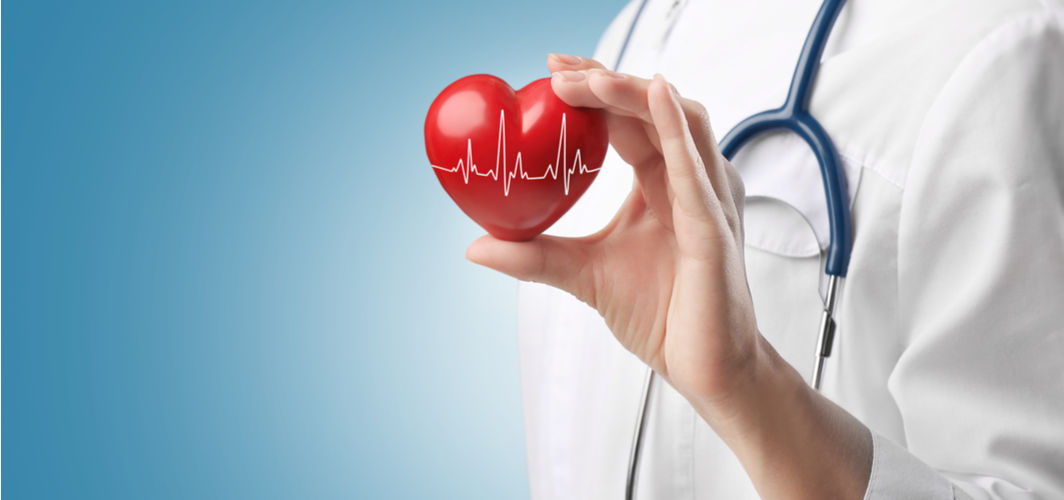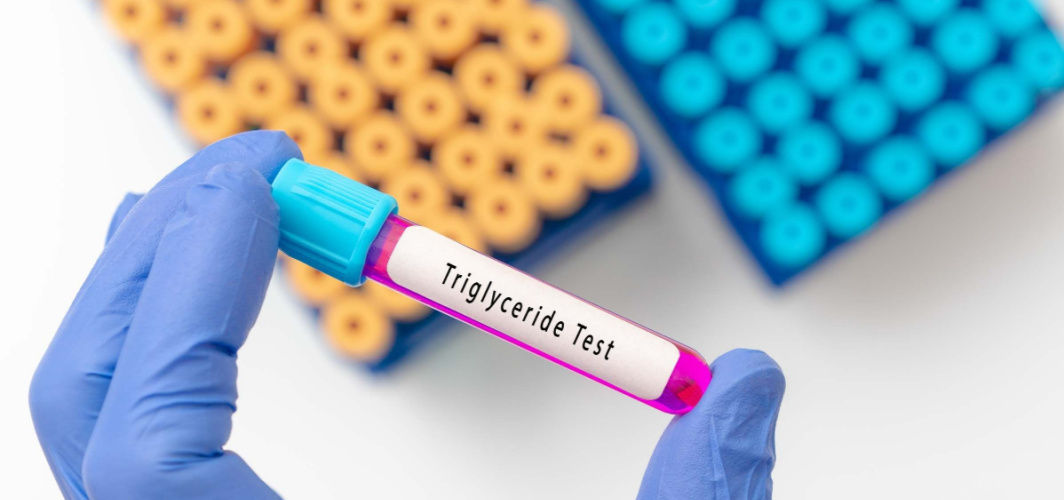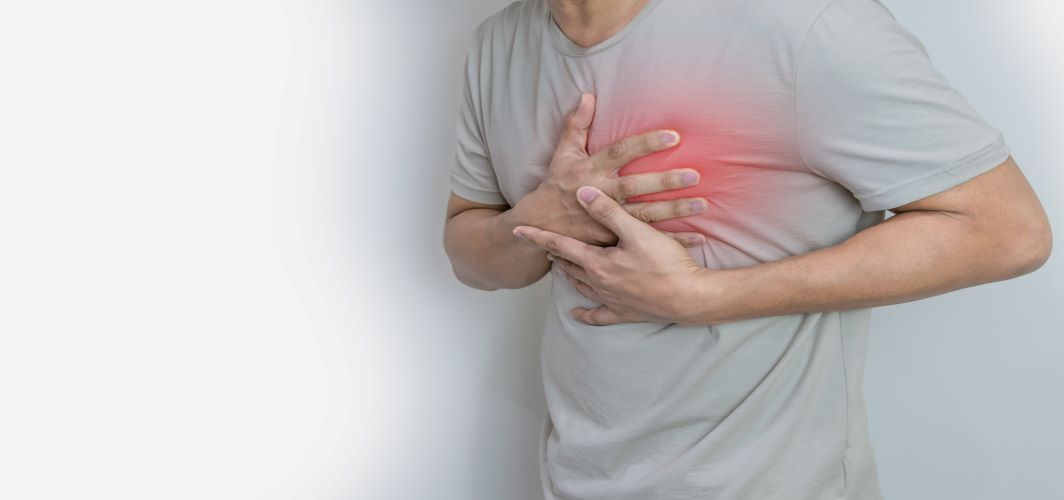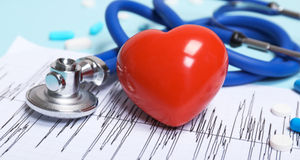Heart Conditions
Explained: Heart Attack, Cardiac Arrest, and Heart Failure
5 min read
By Apollo 24/7, Published on - 09 November 2020, Updated on - 03 June 2023
Share this article
0
61 likes

Heart Attack
Causes of a heart attack
Symptoms of a heart attack
- Pressure, tightness, heaviness, or squeezing pain in the middle of the chest
- Pain that radiates to the jaw, arms, or back
- Shortness of breath
- Extreme fatigue
- Fainting, light-headedness, or dizziness
- Excessive sweating
What needs to be done in case of a heart attack
- The first response should be to get emergency help – call an ambulance or take the patient to the nearest hospital.
- If the patient is conscious, they can take a normal dose of aspirin (if they are not allergic) to slow blood clots and prevent blockages in the artery. The aspirin must be chewed and then swallowed with water for best results.
- Perform CPR (Cardiopulmonary resuscitation) if the patient has lost consciousness until medical help has arrived. If the person attending the patient has not received CPR training, doctors recommend performing only chest compressions (about 100 to 120 compressions a minute).
Cardiac Arrest
Causes of cardiac arrest
- Coronary artery disease
- Cardiomyopathy caused by thickening and enlargement of the heart tissue
- Valvular heart disease caused by damage in one of the four valves of the heart
- Congenital heart diseases
- Myocarditis caused by infection and inflammation of the heart tissue
Symptoms of cardiac arrest
- Collapse suddenly
- Become unresponsive and unconscious
- Stop breathing
What needs to be done in case of a cardiac arrest
- Calling for emergency medical help.
- Performing CPR (Cardiopulmonary resuscitation) if the patient has lost consciousness until medical help has arrived. If the person attending the patient has not received CPR training, doctors recommend performing only chest compressions (about 100 to 120 compressions a minute).
- A portable defibrillator can be used if it is handily available and somebody around knows how to operate it.
Heart Failure
Symptoms of heart failure
- Fatigue
- Limitation in physical activity
- Coughing and wheezing
- Shortness of breath
- Swelling in the legs, thighs, and ankles
Causes of heart failure
- Coronary artery disease
- Hypertension (high blood pressure)
- Disorders of the heart valves
What needs to be done in case of a heart failure
Conclusion
Heart Conditions
Leave Comment
Recommended for you

Heart Conditions
7-Day Diet to Lower Triglycerides Naturally
how to lower triglycerides naturally, 7 day diet to lower triglycerides, how to lower triglycerides through diet, foods to avoid for high triglycerides, diet to reduce triglycerides

Heart Conditions
9 Subtle Signs of Heart Problems
Not all signs of heart problems are as evident as chest pain, and there are other subtle symptoms that can be early warning signs.

Heart Conditions
Alcohol & Heart Health: How Much is Safe to Drink?
Excessive consumption of alcohol is associated with an increased risk of high blood pressure, heart failure, stroke and other complications.
Subscribe
Sign up for our free Health Library Daily Newsletter
Get doctor-approved health tips, news, and more.
Visual Stories

7 Tips to Manage Hypertension
Tap to continue exploring
Recommended for you

Heart Conditions
7-Day Diet to Lower Triglycerides Naturally
how to lower triglycerides naturally, 7 day diet to lower triglycerides, how to lower triglycerides through diet, foods to avoid for high triglycerides, diet to reduce triglycerides

Heart Conditions
9 Subtle Signs of Heart Problems
Not all signs of heart problems are as evident as chest pain, and there are other subtle symptoms that can be early warning signs.

Heart Conditions
Alcohol & Heart Health: How Much is Safe to Drink?
Excessive consumption of alcohol is associated with an increased risk of high blood pressure, heart failure, stroke and other complications.